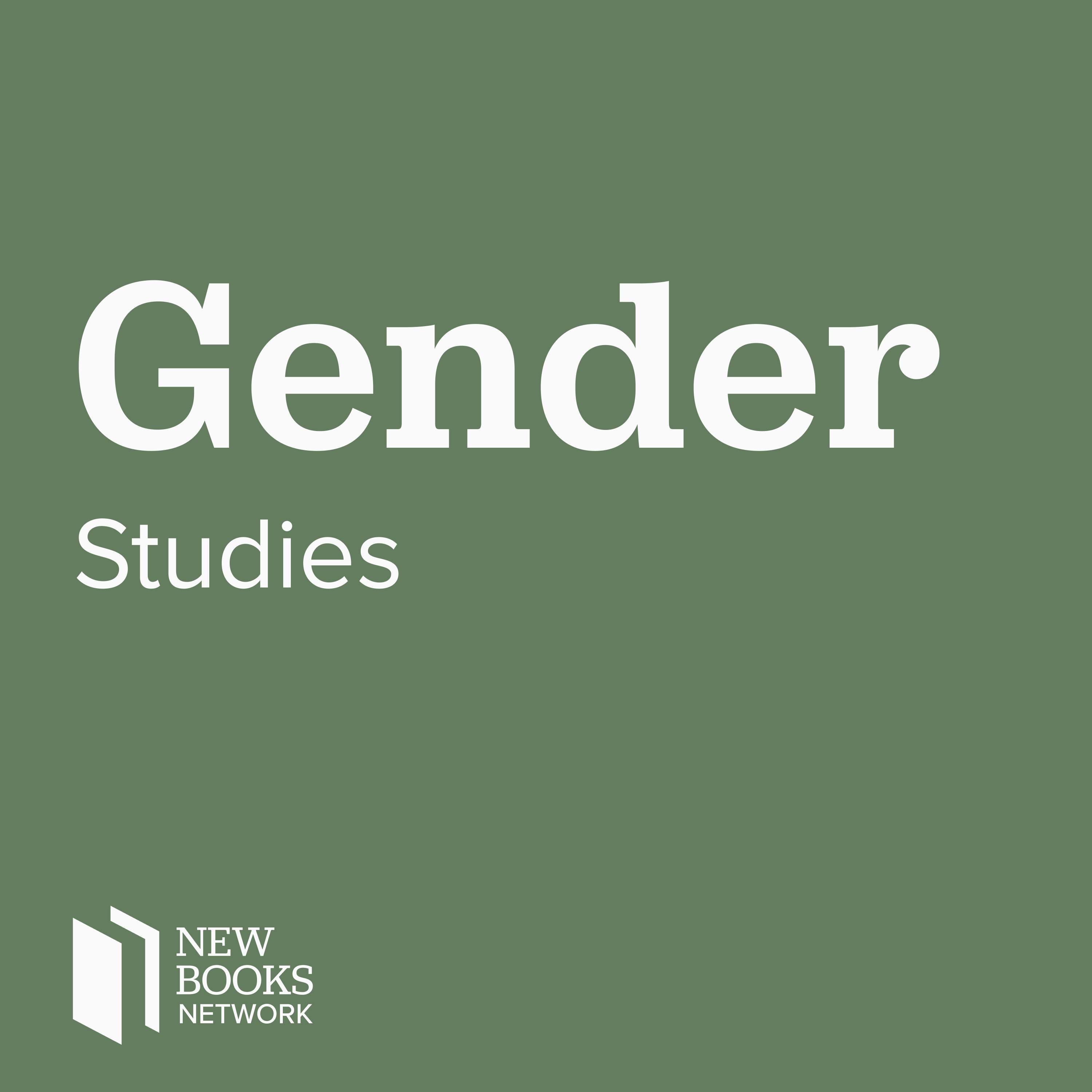Christina Ward, "American Advertising Cookbooks: How Corporations Taught Us to Love Bananas, Spam, and Jell-O" (Process, 2018)

Christina Ward\u2019s newest book\xa0American Advertising Cookbooks: How Corporations Taught Us to Love Spam, Bananas, and Jell-O\xa0(Process Media, 2019) examines a familiar but understudied sub-genre of commercially published cookbooks. Advertising cookbooks were most popular in the middle decades of the 20th\xa0century. They are usually published by a company or industry interest group rather than an individual chef or writer, and they serve as instructions for consumers to use the products of that company or industry. As Ward explains, advertising cookbooks introduced American consumers to new convenience foods like Jell-O and SPAM or to unfamiliar ingredients like pineapples and bananas.\xa0\nWard tells a history of cookbooks that draws a direct line between Puritan austerity and gender roles, Amelia Simmons, World\u2019s Fairs, Home Economists, and Jell-O recipes. Essentially, Ward argues that American cooks at each stage needed (or wanted) experts to tell them how to eat and cook. Advertising cookbooks fill a specific gap in knowledge home cooks can\u2019t rely on inherited or communally held knowledge to use new ingredients or appliances. Part of this story is also the story of advertising itself and how it changed dramatically with Edward Bernays through the practices of \u201cpsychological coercion\u201d and the birth of public relations. The book is organized into photo chapters that provide readers with an archive of examples of advertising cookbooks at work with their garish colors (the result of low quality printing, Ward suggests) and unusual combinations in elaborate arrangements. The cookbooks give today\u2019s readers a lot to laugh at (like ham wrapped bananas with cheese sauce), but Ward also highlights the \u201csinister side\u201d of advertising cookbooks. The United Fruit Company brought pineapples and bananas to consumers in creative ways, but they also participated in colonial projects that created the term \u201cbanana republic.\u201d Similarly, advertising cookbooks played into ethnic stereotypes and created racist caricatures such as Aunt Jemima and Uncle Ben. Advertising cookbooks play a unique role in American food culture; it isn\u2019t always clear if the cookbooks created demand or responded to an existing demand in the market. Either way, Ward suggests that these cookbooks represent an American cuisine and culture worthy of more scholarly attention.\nChristina Ward\xa0is an author and editor at Feral House. She is a contributor to Serious Eats, Edible Milwaukee, The Wall Street Journal, The Milwaukee Journal/Sentinel, Remedy Quarterly, and Runcible Spoon magazines.\nEliza Weeks is a recent graduate of the Master of Food Studies program at Chatham University in Pittsburgh, PA. \nCarrie Helms Tippen\xa0is Assistant Professor of English at Chatham University in Pittsburgh, PA, where she teaches courses in American Literature. Her 2018 book,\xa0Inventing Authenticity: How Cookbook Writers Redefine Southern Identity\xa0(University of Arkansas Press), examines the rhetorical strategies that writers use to prove the authenticity of their recipes in the narrative headnotes of contemporary cookbooks. \nLearn more about your ad choices. Visit megaphone.fm/adchoices\nSupport our show by becoming a premium member! https://newbooksnetwork.supportingcast.fm/gender-studies